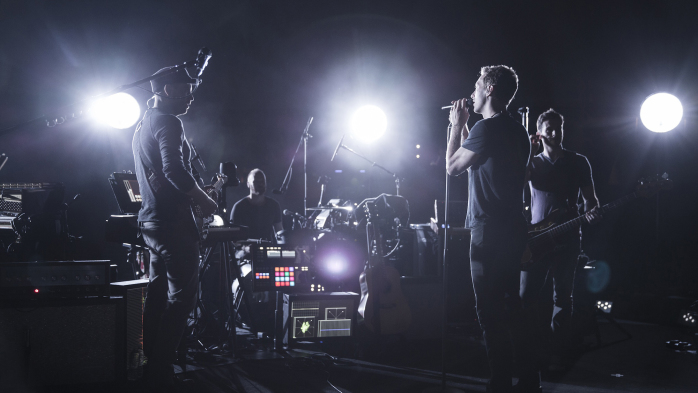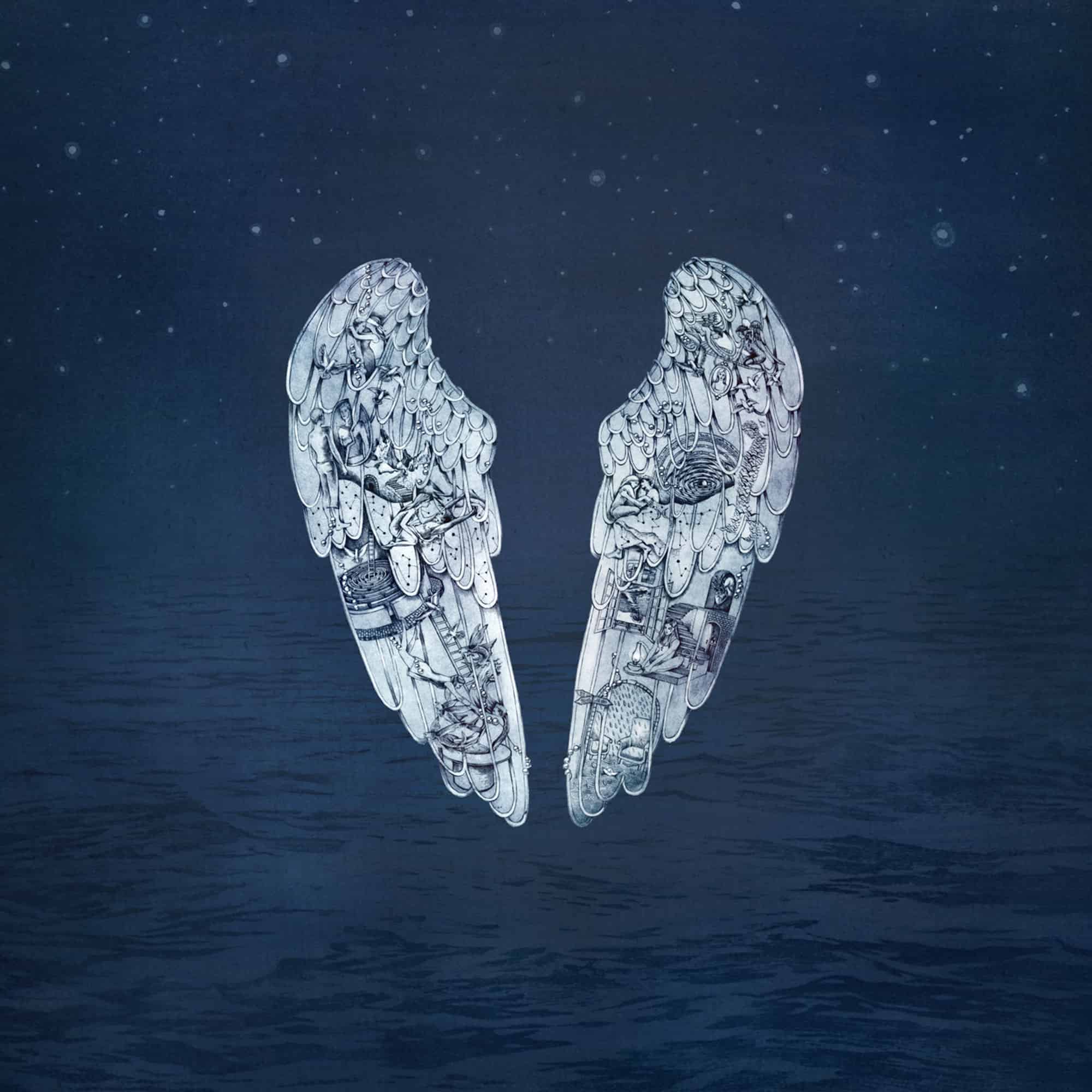“Ghost Stories” is Coldplay’s first album since lead singer Chris Martin’s separation from Gwyneth Paltrow launched a thousand conscious uncoupling jokes. Some of the best albums in history have been born out of such domestic strife. But for Coldplay, which has always treated romantic misery as an all-you-can-eat-buffet, an album full of gloomy songs about love gone wrong is in itself unremarkable — the band was making divorce albums before anybody actually got married.
“Ghost Stories” is stripped-down and slippery, a pointed de-escalation from their last album, “Mylo Xyloto.” Both incredibly popular and intensely disliked, “Mylo Xyloto” was outsize and over-produced, a helium balloon of an album that existed in a state of Peak Coldplay. The band’s basic formula — ringing anthems, earnest-but-vague lyrics — was inflated to the point of absurdity.
In its preference for acoustic ballads instead of stadium-ready electro-pop, “Ghost Stories” is a retrenchment, a conscious return to the relative simplicity of the band’s debut, “Parachutes.” There’s a great exercise in Technicolor dubstep-like pop courtesy of Avicii (“A Sky Full of Stars”), but everything else feels like a retreat. It’s as if Coldplay has decided they want to be less like U2 in 1991 and more like Coldplay in 2001, as if no time had elapsed, and no real artistic progress had been made, in the years since.
There is less of a sense of puffed-up grandeur than any of the band’s recent outings, but grandeur was something Coldplay did well, if too often. Grandeur can cover a multitude of sins. These spartan songs — elongated, intimate and quiet — lay bare every weakness of melody (Martin used to write superlative ones;he seems to have given up) and songwriting.
Lyrically, “Ghost Stories” is fascinating (in theory, at least) for the same reasons it’s so vicariously depressing. This isn’t Coldplay’s usual conspicuous mopery; this is a public bloodletting: “True Love” is a raw, synth-driven mid-tempo ballad about the disintegration of a relationship, driven by Martin’s spectral falsetto (“Tell me you love me / If you don’t, then lie”). The similarly themed “Ink,” loping and percussive, feels like something Jack Johnson might make if he were British and sad all the time. Its lyrics read like bad “Twilight” fan fiction (“All I know / Is that I’m lost / In your fire below”).
Martin is as polarizing a figure in his world as Paltrow is in hers, and “Ghost Stories” humanizes them while still managing to be universal in its reach. Sometimes it does this too much: Martin is a master of lyrical generalities, adept at telegraphing basic emotions — I’m lonely, I’m sad, I’ll meet you in the rain, I’ll fly away like a bird — but unequal to the deep dive a truly classic breakup album requires.
Still, there has never been such a revealing relationship album written by one celebrity we felt as if we knew about another celebrity we also felt as if we knew, even if its revelations may not all be intentional. This isn’t just an album of garment-rending breakup songs, it’s an album with giddy newfound love songs. Songs written about someone who clearly isn’t Gwyneth Paltrow, by someone who was married to Gwyneth Paltrow at the time.
So it’s awkward. “A Sky Full of Stars” (“Cause you get brighter the more it gets dark / I’m gonna give you my heart”), an unofficial sequel to “Yellow,” is as anthemic, and as happy, as things get, which is to say, not very. “Magic” rides the mildest electro pulse imaginable, but it’s one of the few tracks that feels like it was made by a band. “Ghost Stories” can come uncomfortably close to resembling a Chris Martin solo album.

With sometime collaborator Brian Eno (he produced the fine “Viva la Vida,” and contributed to the tolerable parts of “Mylo Xyloto”) absent, and guitarist Jonny Buckland unwisely minimized (“Ghost Stories” belongs to its synths, pianos and bass), Martin is left to his own devices. The result is a great premise chained to an album of modest pleasures, its lyrics too ethereal to carry much charge, its melodies too mild to prop them up. As a piece of art, “Ghost Stories” is an exercise in frustrated potential. As a historical document of a celebrity divorce as a slow-motion car crash, it’s not much either, but it’s the best we have.
© 2014, The Washington Post

